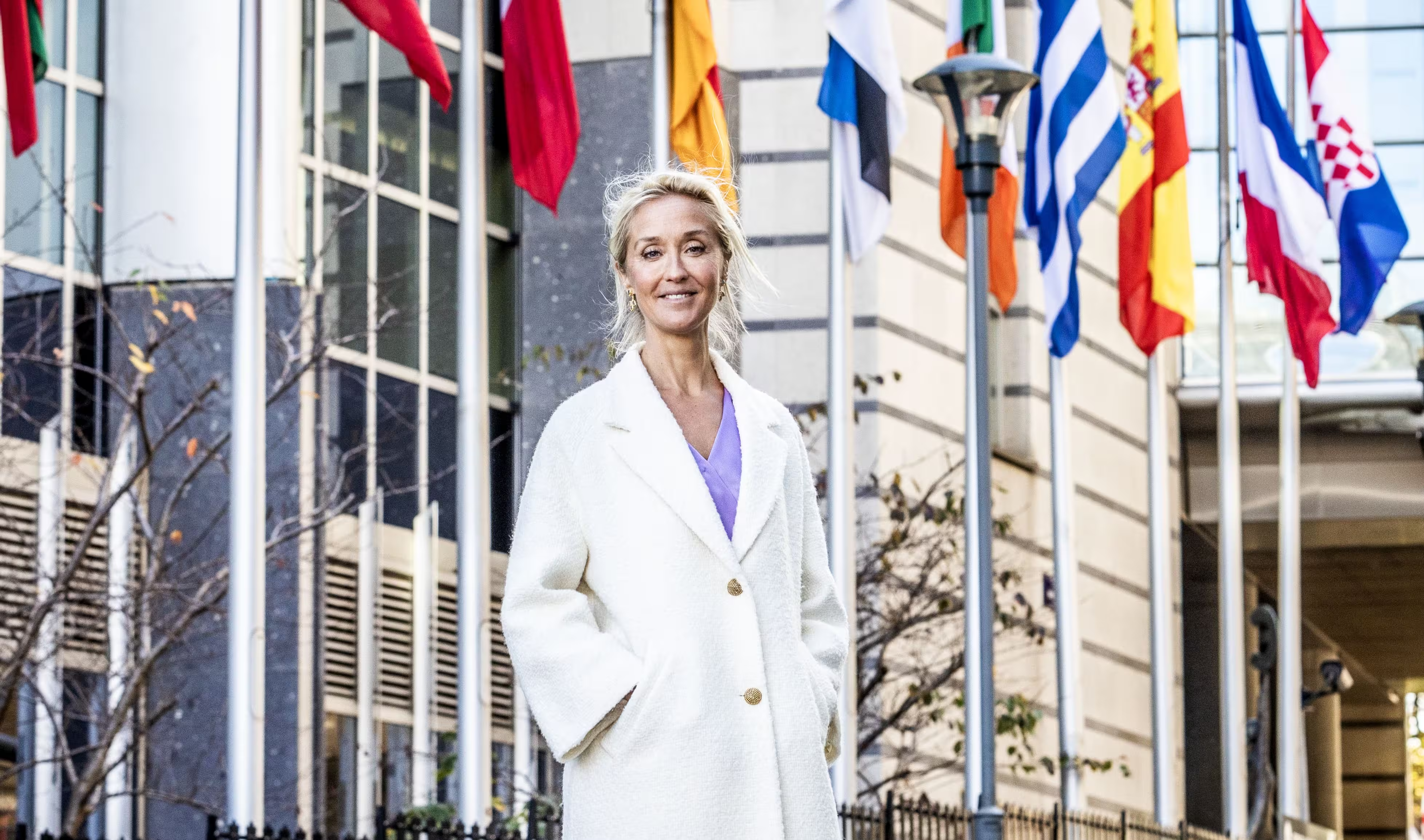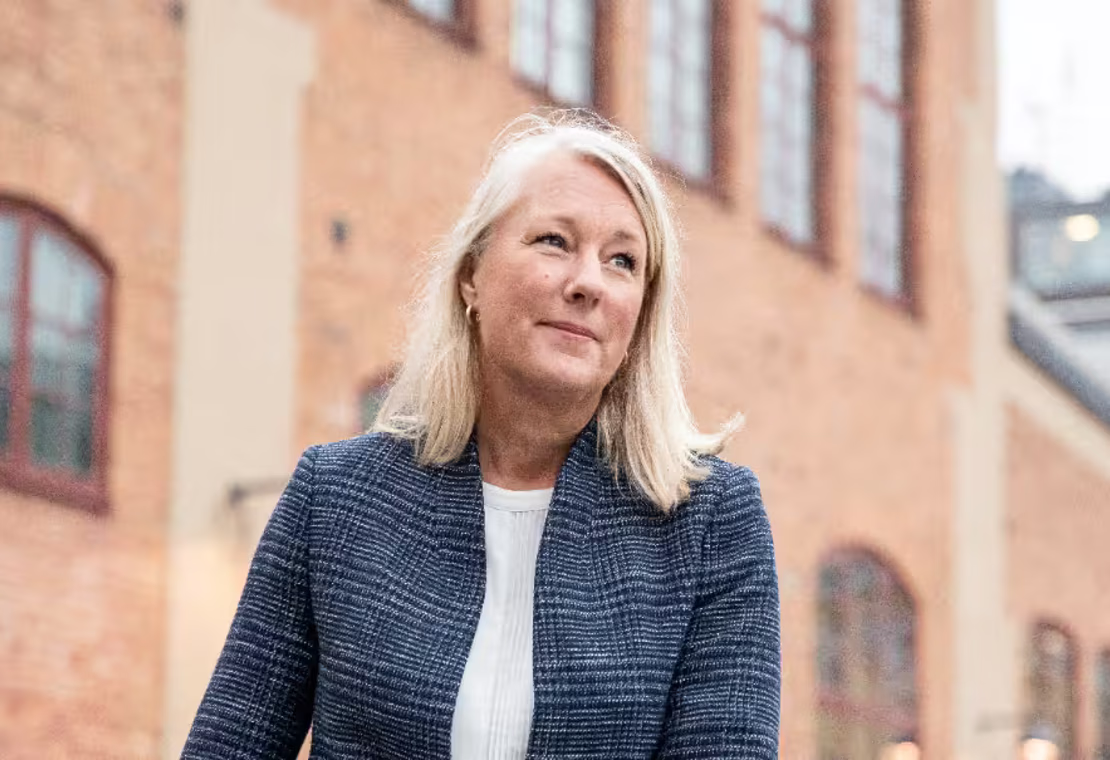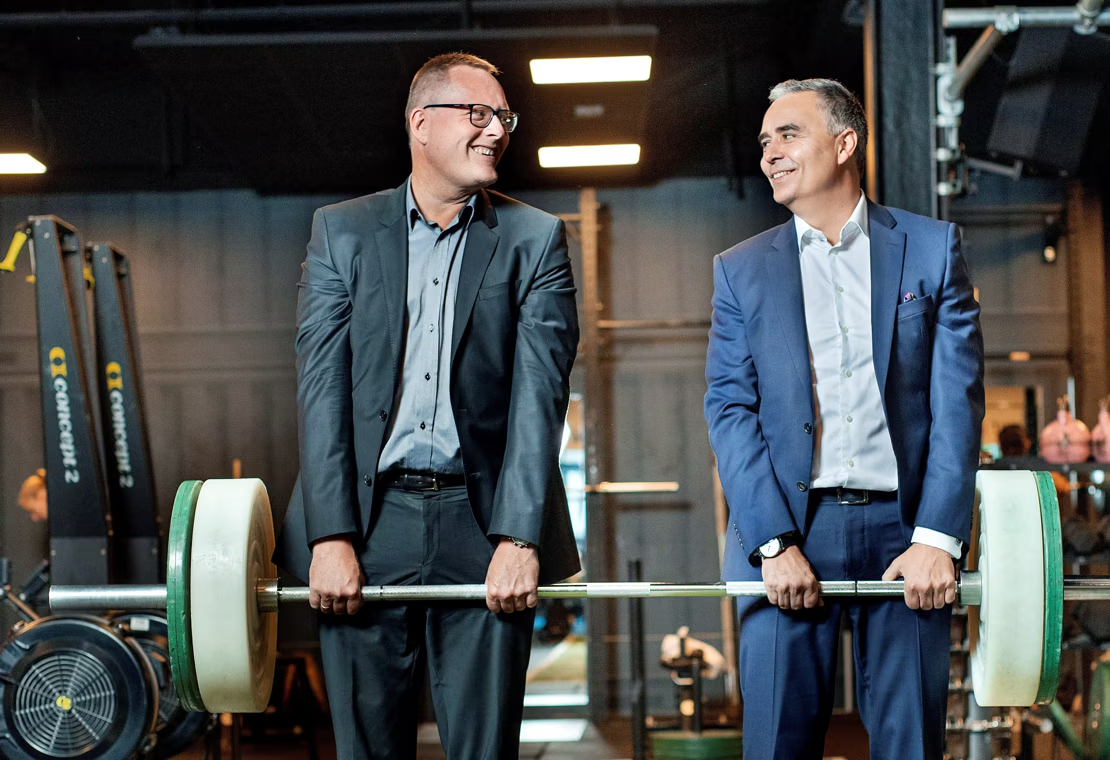”Maintaining a genuine, long-term commitment”
For Kajsa Stenström, a EU lobbyist in Brussels, meetings at EU institutions are a part of everyday life. However, the advocacy work commences even before new bills are presented. Establishing a discussion on an issue is the first step.

What does a typical weekday look like for a Brussels lobbyist?
“A lot of my time is spent in various meetings at EU institutions, particularly at the Commission, which presents new legislative proposals. But it can also be a matter of participating in a committee debate at the European Parliament. A lot of networking takes place, both at daytime and in the evenings. You have to build contacts, work actively with external monitoring, pick up new information and gain an understanding of an issue from different perspectives.”
How open is the EU? Is it easy to get in and to be involved and influence?
“The EU is extremely open, and arranging meetings and talks with decision-makers, does not present any problems. However, it is important to identify the right person. And you also have to join in at the right moment and have something meaningful to contribute. It is also important to be proactive. There are many open consultations in which you can participate, but to participate you must know which meetings are relevant. Again, you need effective external monitoring.”
What is the picture of the credit management industry in general?
“The industry is still subject to prejudice, partly because some actors work frivolously, helping give the industry a worse reputation. In addition, knowledge among stakeholders and decision-makers is generally very low. They do not understand how important this function is in society. It may, for example, be a matter of gaining access to data and statistics or to various educational initiatives. At the same time, Intrum, as a company, enjoys a very good reputation here in Brussels. This is precisely because they have worked pro-actively, offering knowledge, information and time.”
Intrum’s commitment to influencing the development of a sustainable credit market leaves quite an impression, even here in Brussels. Intrum is active throughout the credit cycle, which of course plays a very important role in today’s society, given how we function and consume. In addition, Intrum generates value on soft issues, such as financial education for young people and other groups in society.Kajsa Stenström, EU lobbyist in Brussels
How do you see Intrum being able to contribute to the development of a sustainable credit management market?
“It’s about focusing on the most important issues associated with your own industry. Intrum works not only with the bills but also with soft issues, including excessive indebtedness, which is more relevant than ever as a result of the corona pandemic. Reaching a greater understanding of these issues is beneficial to society as a whole and the economy. And here Intrum has been active and worked to create increased involvement in the EU.”
What is Intrum’s biggest imprint so far in Brussels?
“Intrum’s reports on the situation for companies and consumers, European Payment Report and European Consumer Payment Report, I would say are the biggest contributions to date. In 2019, the European Parliament produced a report on late payments, referring there to Intrum’s statistics as many as 50 times. Intrum’s reports are truly influential, a clear proof that advocacy work works.”
How would you describe Intrum’s contribution as a corporate citizen in general?
“Intrum’s commitment to influencing the development of a sustainable credit market leaves quite an impression, even here in Brussels. Intrum is active throughout the credit cycle, which of course plays a very important role in today’s society, given how we function and consume. In addition, Intrum generates value on soft issues, such as financial education for young people and other groups in society. Intrum is involved in the areas in which it possesses knowledge and can contribute to a transfer.


